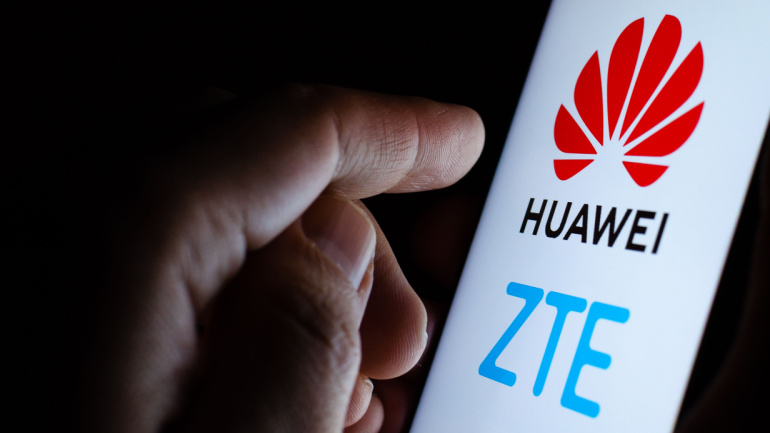The Biden Administration’s ambitious $2 trillion infrastructure plan injects considerable capital into US chip production, with the aim of bolstering national security and reducing reliance on foreign manufacturers. Last year, the US produced only 12% of the world’s chips, highlighting a dependency on international manufacturers, primarily in Asia. Intel emerges as a key beneficiary of this investment, declaring over $43.5 billion towards manufacturing units across the US. Yet, for some companies, the journey remains fraught with caution as they await the federal funding.
In a strategic move to enhance cybersecurity, Japan’s prominent technology players, including KDDI Corporation, KDDI Research, Inc., Fujitsu Limited, NEC Corporation, and Mitsubishi Research Institute, Inc. (MRI), have joined forces to initiate a groundbreaking endeavor. The project, set to commence on August 1, 2023, entails a series of trials investigating the integration of a Software Bill of Materials (SBOM) into the realm of communication, encompassing 5G and LTE network equipment.
The Biden administration is set to launch a groundbreaking initiative today, introducing a new cybersecurity label for smart devices that aims to bolster security standards and protect consumers from potential threats. Federal Communications Commission (FCC) Chair Jessica Rosenworcel revealed the label, called the US Cyber Trust Mark, during a press briefing. The Cyber Trust Mark will signify that devices bearing it meet stringent security criteria based on the National Institute of Standards and Technology (NIST) report.
Norway’s top telecom operator, Telenor, joins forces with Hafslund, HitecVision, and Analysys Mason to create the nation’s most secure commercial data center operator, focusing on sustainable solutions and critical data storage. The collaboration addresses national security concerns and promotes energy-efficient data centers with heat recycling potential.
The EU’s messaging around “high-risk” vendors hints at a potential ban on Huawei and ZTE, urging members to accelerate their removal from 5G networks. As the EU Commission pushes for swift implementation, the debate on security risks and dependencies intensifies.
BT’s Digital Unit achieves a milestone as the first telco to complete the EDM Council cloud assessment, paving the way for efficient data management and strategic cloud implementations while ensuring data protection and control.
As the EU deliberates banning “high-risk” companies from its 5G networks, Huawei receives €3.89 million in funding for research into 6G, AI, and cloud computing. With Germany’s position potentially sealing Huawei’s fate in Europe, the future remains uncertain.
At the Future Enterprise Networks event, experts discussed challenges of 5G private network adoption, emphasizing security benefits and market infancy. Strategies to expand usage to SMEs and overcoming obstacles like education and cost were also highlighted.
Ofcom falls victim to Clop ransomware attack, compromising personal data of 412 employees and confidential information of regulated companies. The breach exposes vulnerabilities in MOVEit software, prompting industry-wide reevaluation of cybersecurity measures.
Virtual and SaaS-based network security solutions thrive as enterprises seek agile options, reaching 20% revenue growth in Q1. The shift is driven by cloud-centric IT architectures and escalating security threats, with top players like Zscaler, Palo Alto Networks, and Akamai leading the market.













